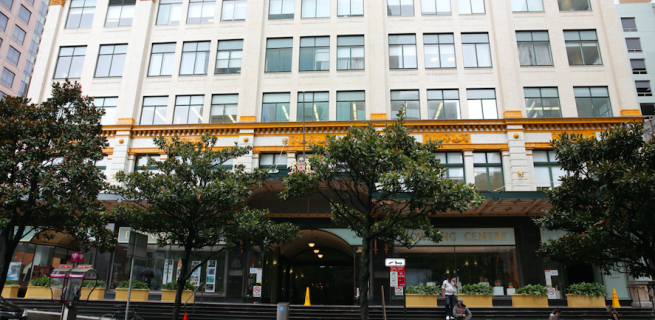Going to court can be a daunting experience, especially when you don’t have an experienced lawyer to guide you through the process and speak for you inside the courtroom.
Here are four of the most common mistakes made by those who choose to represent themselves in court.
1. Entering the Wrong Plea
Deciding whether to plead ‘guilty’ or ‘not guilty’ is one of the most important decisions you will make in your case.
You should never plead guilty if you are innocent; but if you wish to plead guilty it’s better to do it sooner rather than later. A guilty plea on the first court date entitles you to a 25% discount of what would be the otherwise appropriate penalty; which can mean a more lenient type of sentence eg a suspended sentence rather than prison.
On the other hand, police often charge people with multiple offences over the same incident, or use overlapping charges. It is often possible to have these extra charges withdrawn by writing ‘representations’ (a detailed letter to the prosecution). This can, for example, result in the prosecution accepting the least serious charge eg ‘common assault’ instead of ‘assault occasioning actual bodily harm’, or ‘drug possession’ rather than ‘drug supply’.
If you are unsure about what to do, it is a good idea to ask the Magistrate to ‘adjourn’ your case to another date (eg two weeks away) so that you can obtain legal advice. There are many criminal law firms that offer a free first conference, where you can get advice about your plea, even if you cannot afford a private lawyer or otherwise want to represent yourself.
2. Expecting the Case to be Finished Quickly
Your ‘Court Attendance Notice’ will usually tell you to turn up to court at 9:30am. While you should certainly be at court by that time, don’t assume that your case will be heard at 9:30 on the dot.
In reality, almost everyone required before any particular court will be required to come at 9:30, and you may be waiting some time before the magistrate gets to you.
This means your case may not be heard until the afternoon, so you need to ensure that you make appropriate work and childcare arrangements, if necessary.
And don’t be surprised if your case is adjourned to another date, even if you plead guilty.
3. Seeking Advice from Police or the Magistrate
Looking for legal advice in the wrong places can sometimes land you in serious trouble.
Many times, I have heard clients tell me “the police said it would be fine to plead guilty and I’ll probably get a section 10” (now section 10 dismissal or conditional release order) after being dealt with harshly in court. Not only are most police officers barely trained in the law, but it is not their job to give legal advice. Nor can you safely assume that they are on your side. Their job is to prosecute, which is why you are before the court in the first place. When it comes to police powers in NSW allow them to arrest, charge and prosecute – not tell you what to do thereafter, which will almost always be to “just plead guilty”.
Similarly, magistrates are impartial and, while they must ensure you have a fair trial if unrepresented, this does not extend so far as handing out legal advice inside the courtroom.
4. Ignoring Court Etiquette
Courts can be intimidating places by their very nature, and the use of unfamiliar jargon and expectation of certain types of conduct can make the experience even more stressful.
Informing yourself of the basic dress code, correct place to be in the courtroom, when to sit, stand and bow, and how to address the magistrate will help make the process easier.
In terms of dress, you don’t need to wear your fanciest outfit, but the general rule is to be presentable and show some respect to the court. This is the time to wear a suit if you own one, or neat and clean trousers and a shirt (or skirt or dress).
When you enter the courtroom, the best place to wait to hear your case is in the public gallery; which are normally the seats at either side of the courtroom when you first walk in.
If a Magistrate or Judge is already sitting, the correct procedure is to bow your head when you enter and leave the courtroom.
When your name is called, walk up to the microphone which is next to the lawyers and address the Magistrate or Judge as “Your Honour”.
So there you have it: four mistakes that you will NOT make having read this blog.












Is it still o.k. to call a Magistrate, “Your Worship?” Does a Distinction in Criminal Law from Sydney University make a dumb Copper savvy enough to give advice from time to time?